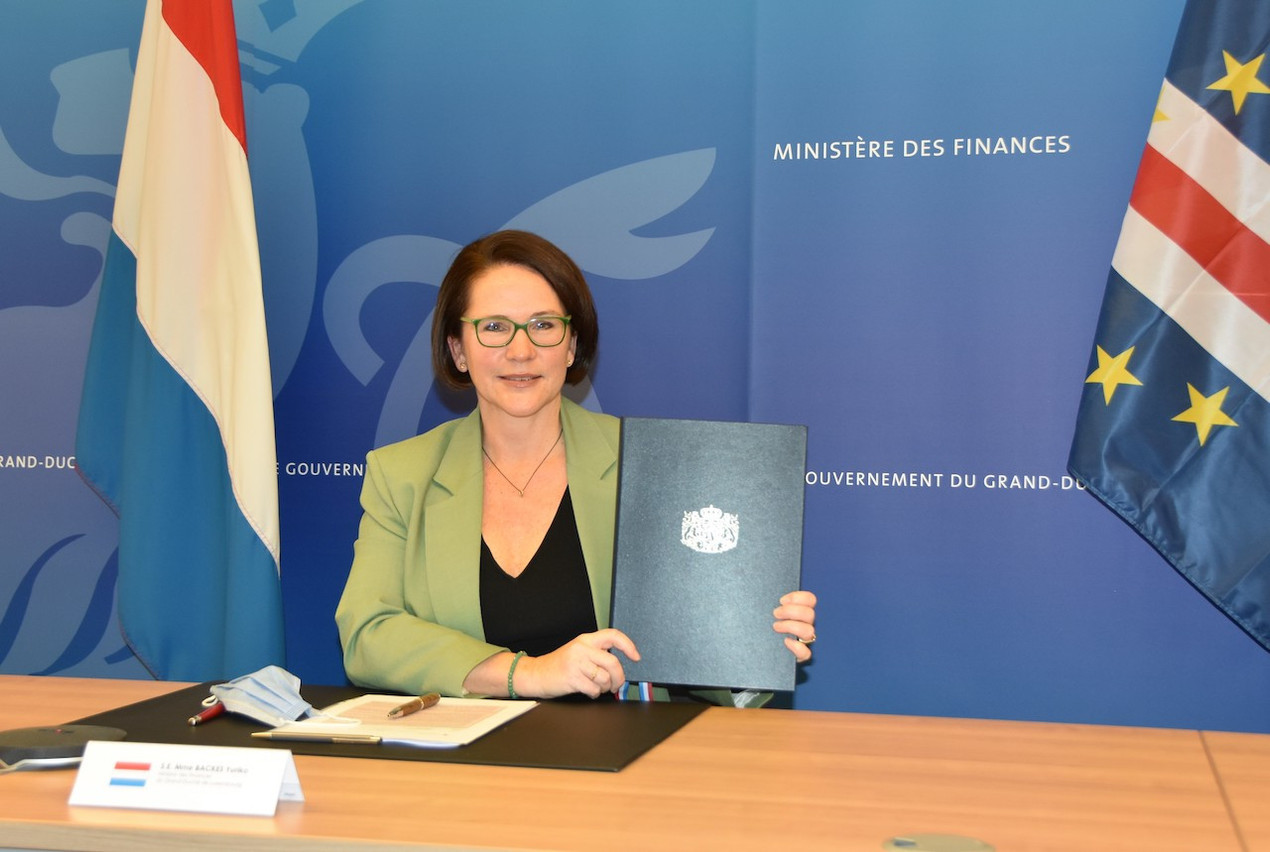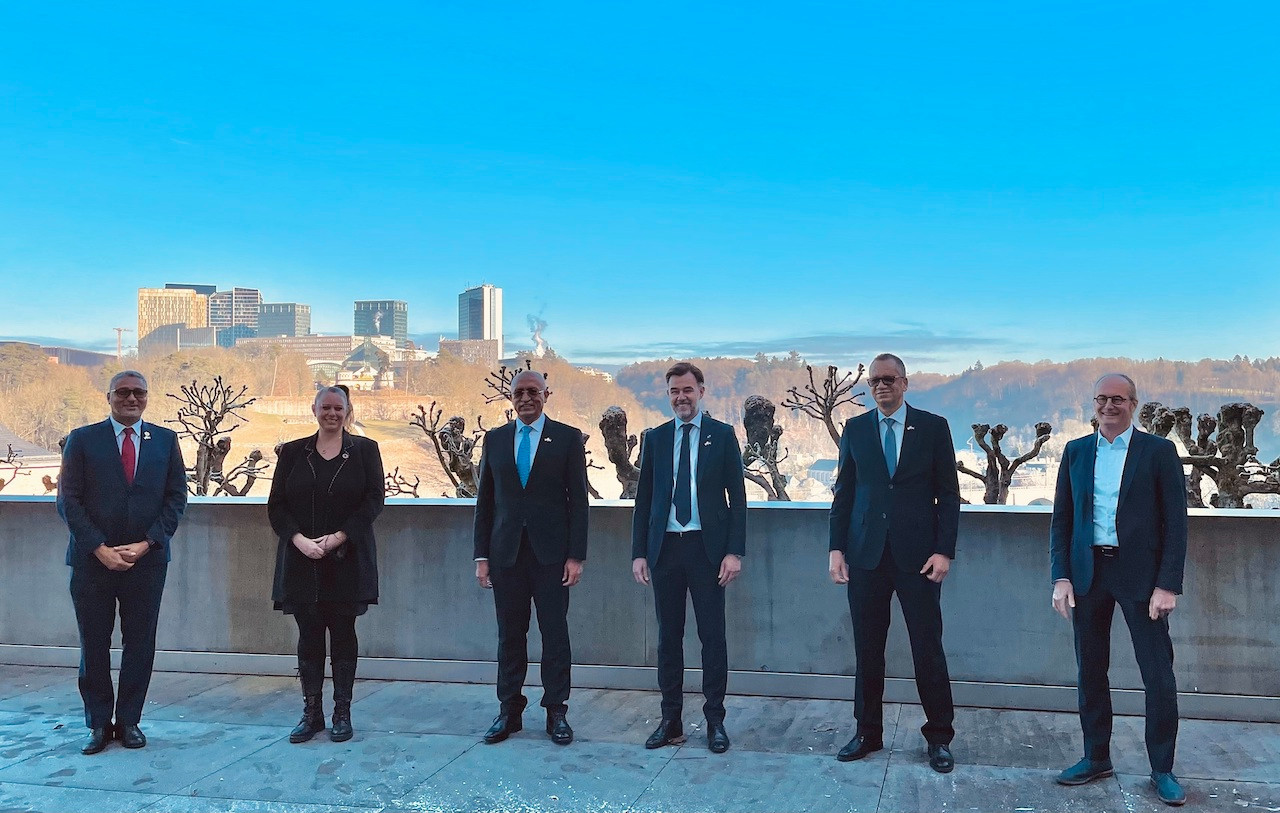On Wednesday 12 January Luxembourg and Cape Verde signed a fifth cooperation agreement between the two nations. The Cape Verdean minster of foreign affairs, cooperation and regional integration Rui Figueiredo Soares, the minister of agriculture and environment Gilberto Silva, and the minister of industry, commerce and energy Alexandre Monteiro were in Luxembourg to meet with their counterparts.
Representing Luxembourg were Franz Fayot as minister of cooperation and humanitarian action, Carole Dieschbourg, minster of environment, climate and sustainable development, and Claude Turmes, minister of energy, in an annual review aimed at examining the state of cooperative relations, here in Luxembourg.
Since 1999, partnership committees have been held annually.
For the first time, a whole-government approach will be undertaken, meaning the ministry of the environment, climate and sustainable development and the ministry of energy are joining forces with the ministry of foreign affairs and European affairs to encompass an overarching implementation of the development aid.
Five new cooperation programmes were signed in the fields of employment and employability (€17.5m ) inclusive finance (€1.5m), energy transition (€12m), climate action (€10m) and water sanitation (€12m) totalling a sum of €50m.
Luxembourg and Cape Verde have enjoyed a privileged relationship since 1993, with the last cooperation deal being signed in 2020. This new deal aims to enhance the deal which has been 90% completed, despite the pandemic, with the addition of climate and health.
The cooperation agreement will be financed both by the development cooperation fund (79%) and by the climate and energy fund (21%). Franz Fayot, had in the past said , with the aim of making its development cooperation policy more sustainable, inclusive and resilient.

Yuriko Backes, minister of finance, holds the double taxation treaty she signed witth Cape Verde on Thursday 13 January MFIN
On Thursday morning, finance minister Yuriko Backes held a video-conference meeting with Cape Verde minister for foreign affairs Rui Alberto Figueiredo Soares to sign the first convention for the avoidance of double taxation and the prevention of tax evasion between the two countries. The objective of the convention is to promote economic relations and include the latest standards for exchange of information as well as the standards resulting from the OECD BEPS Action Plan, taking into account Luxembourg’s international commitments.
“This new tax treaty continues to develop our diverse and strong relationship by facilitating two-way investment,” Backes said at the signing.
